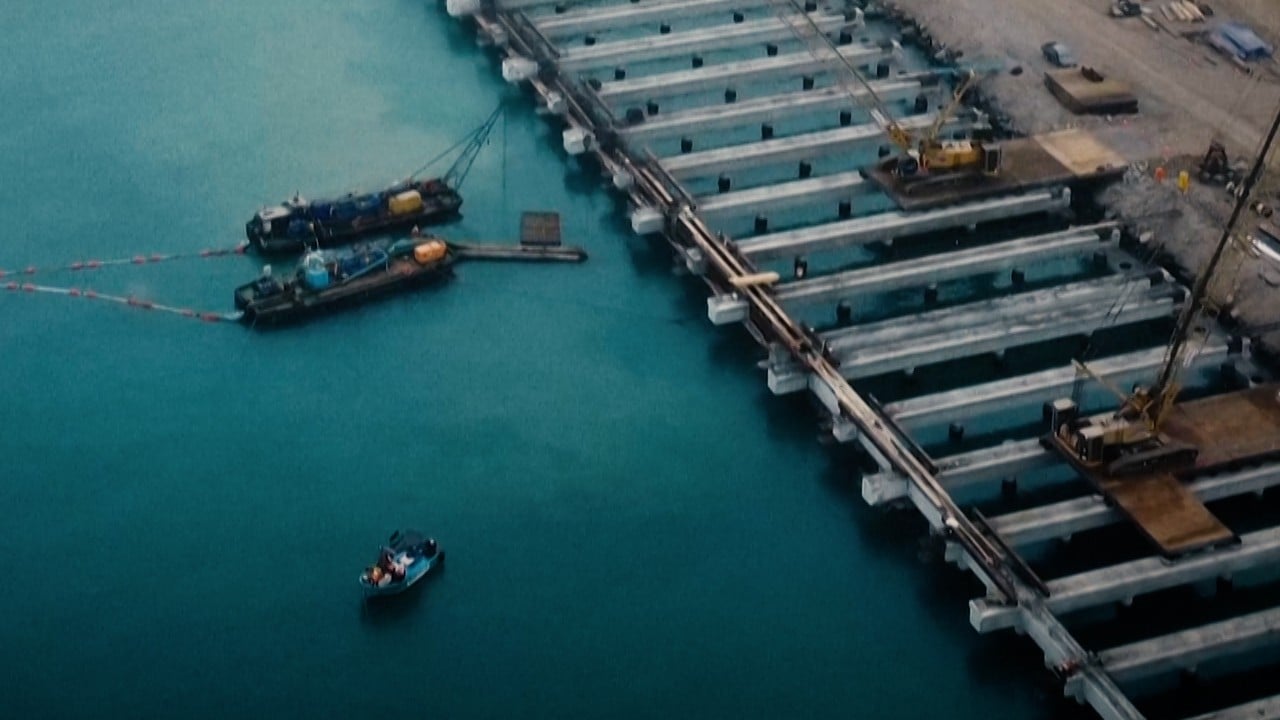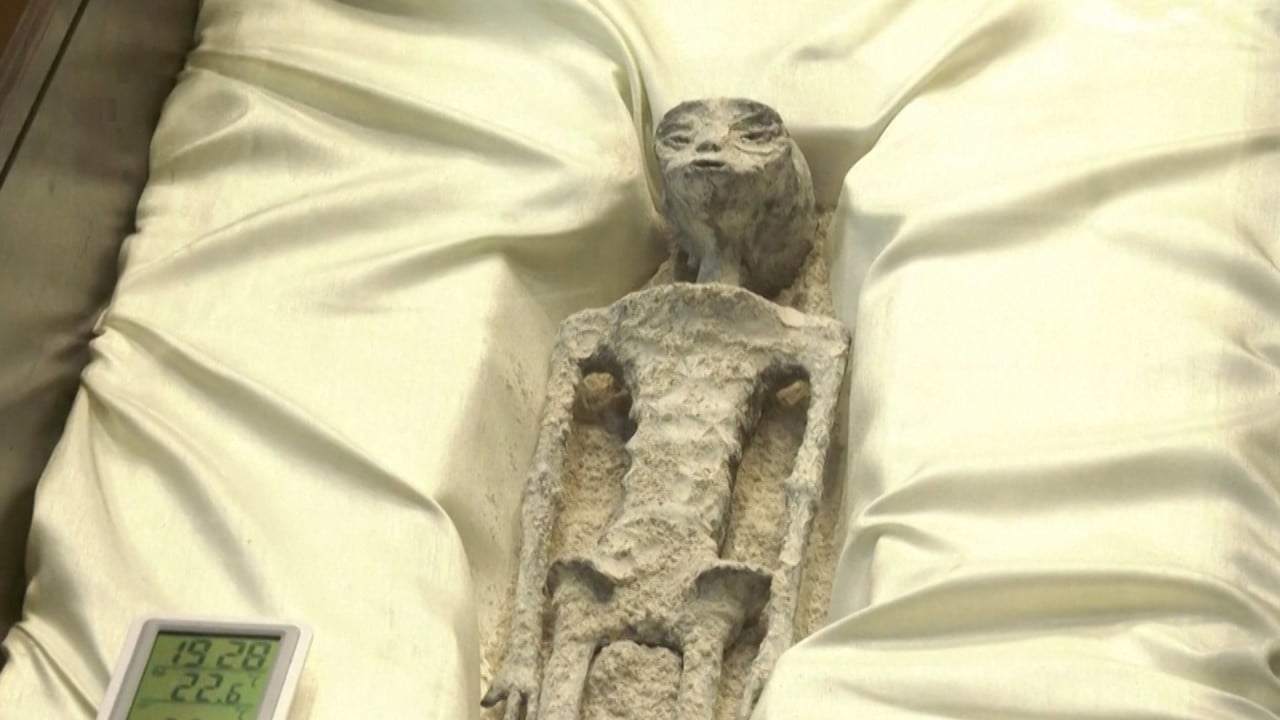
China will train Venezuelans as astronauts to join Beijing’s moon project, says visiting President Nicolas Maduro
- Chinese and Venezuelan presidents meet for the first time in five years, agreeing to boost collaboration in areas from oil and trade to space exploration
- Maduro says a committee between two countries will work to ‘take the first Venezuelan man or woman to the moon on board a Chinese spacecraft’
“Very soon, Venezuelan youth will come to prepare as astronauts here in Chinese schools,” Maduro told the closing event of the China-Venezuela High-Level Joint Commission in Beijing on Wednesday.
A committee on scientific, technological, industrial and aerospace cooperation between the two countries would work to “sooner rather than later take the first Venezuelan man or woman to the moon on board a Chinese spacecraft”, Maduro said.
As a partner of the ILRS project, which is often seen as parallel to the US-led Artemis Programme, Venezuela is expected to provide ground-based technological support such as spacecraft tracking and data relay during space missions, according to Chinese state broadcaster CGTN.
Western companies drawn to China’s lunar research station project
“Venezuela is going to the moon. Who would have thought it,” Maduro told Venezuelan audiences after a cooperation memorandum was signed between the two country’s space agencies in mid-July, according to a CGTN video.
“I want to thank China for this special relationship, which represents cooperation that will enable Venezuela to advance.”
The space collaboration between China and the South American nation dates back to 2008, when Venezuela’s first communications satellite was developed by China Aerospace Science and Technology Corporation and launched atop a Long March 3B rocket.
In 2012 and 2017, China helped develop Venezuela’s two remote sensing satellites and placed them into low-Earth orbit for surveying, planning, agriculture and disaster relief purposes.
In a joint statement on Wednesday, the two countries celebrated achievements made by the Venesat 1 communications satellite and VRSS-1 and VRSS-2 remote sensing satellites, and agreed to deepen collaboration in space and promote fair global governance of outer space.
The joint statement said China welcomed Venezuela’s participation in building the ILRS.
“Both nations highly appreciate the signing of a framework agreement on space cooperation, and are willing to work together to promote joint satellite and lunar and deep space missions.”
In a latest move for the ILRS, South Africa signed a memorandum of understanding with China on September 1 to become an official partner.
Argentina signed the Artemis Accords with Nasa in late July to become its newest signatory.
China launches road map for exploring solar system’s resources
The US – the only country that has successfully landed humans on the moon – aims to put astronauts on the lunar surface again in late 2025 while China has its sights set on 2030.
China has sent 18 astronauts into low-Earth orbit, most recently aboard its Tiangong space station about 380km (235 miles) above the Earth.



